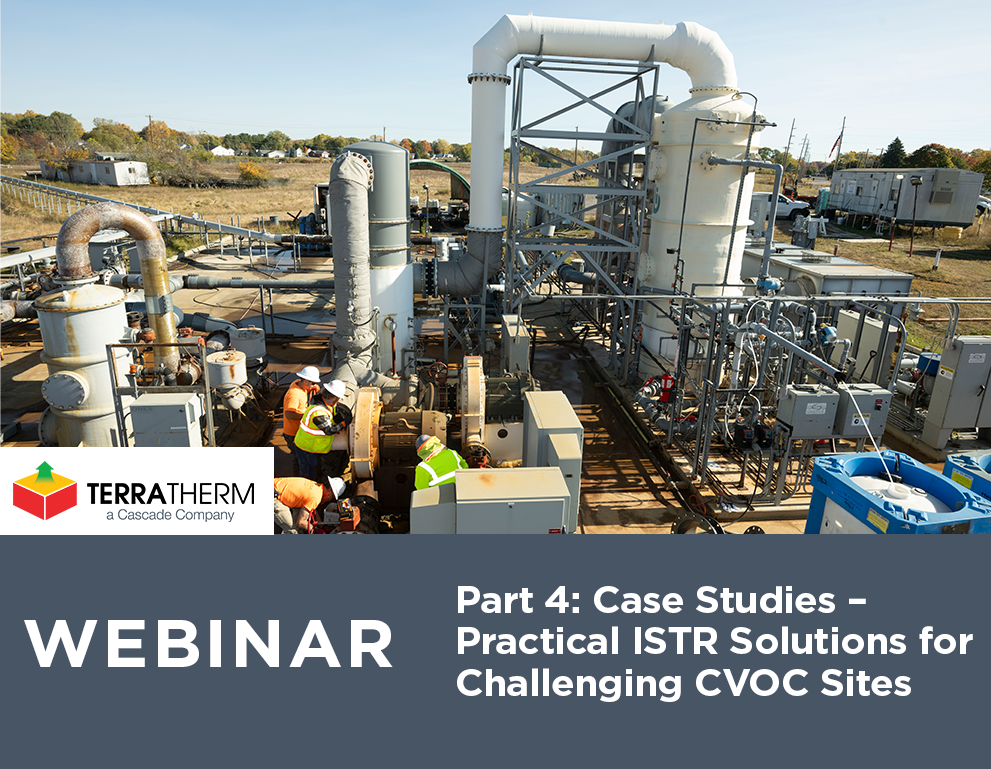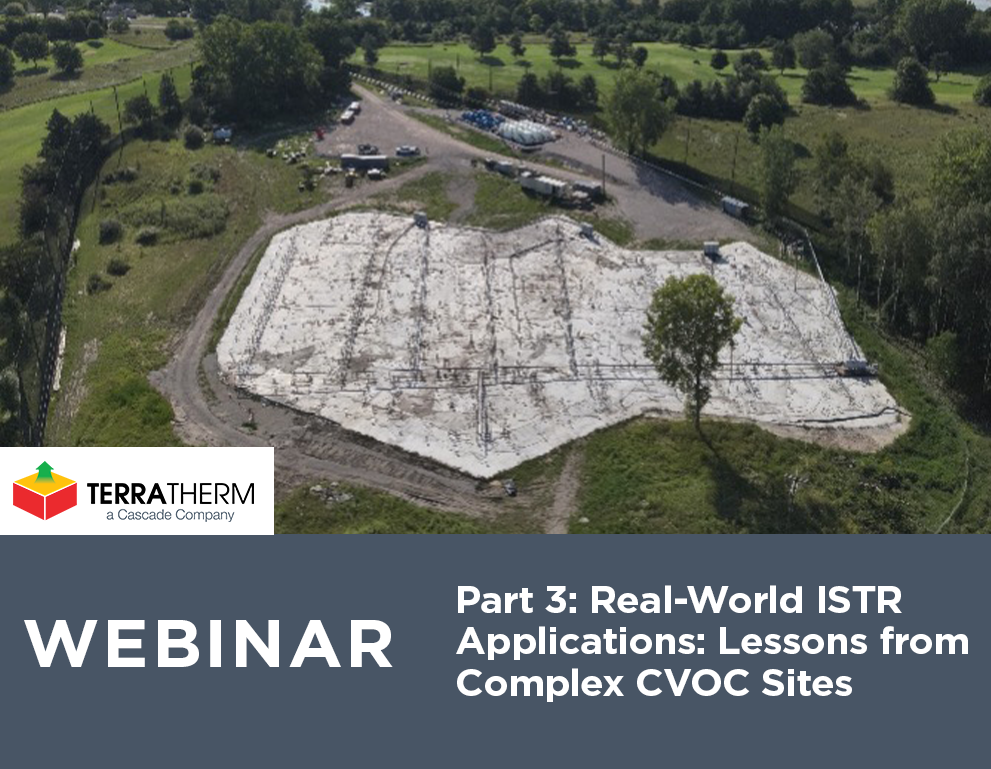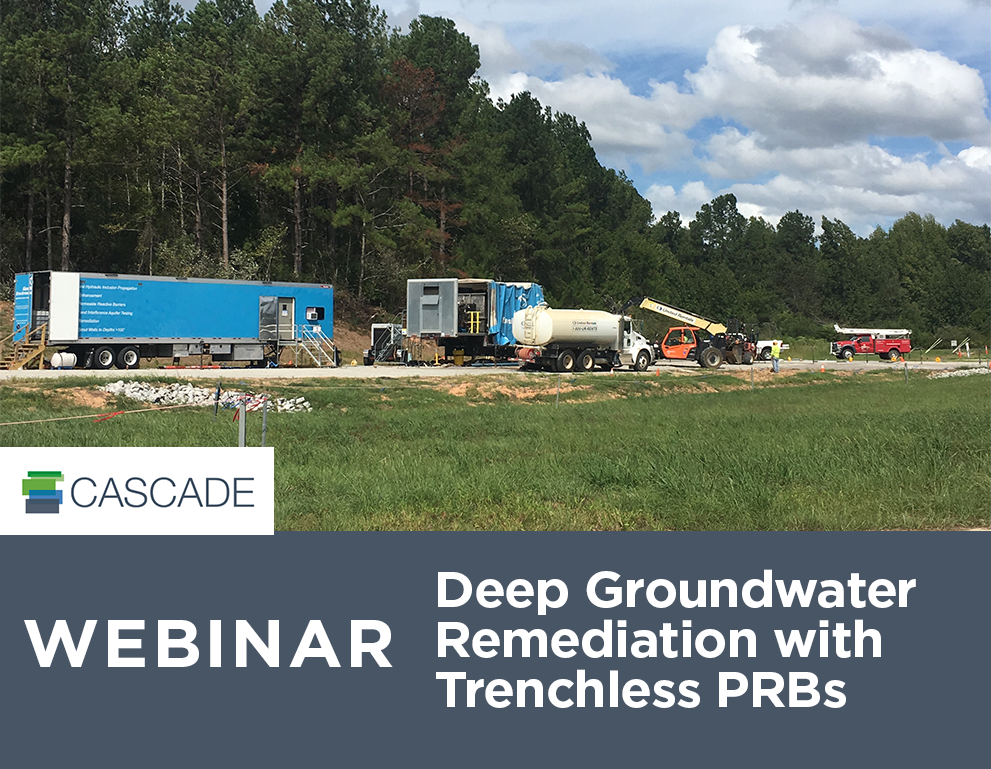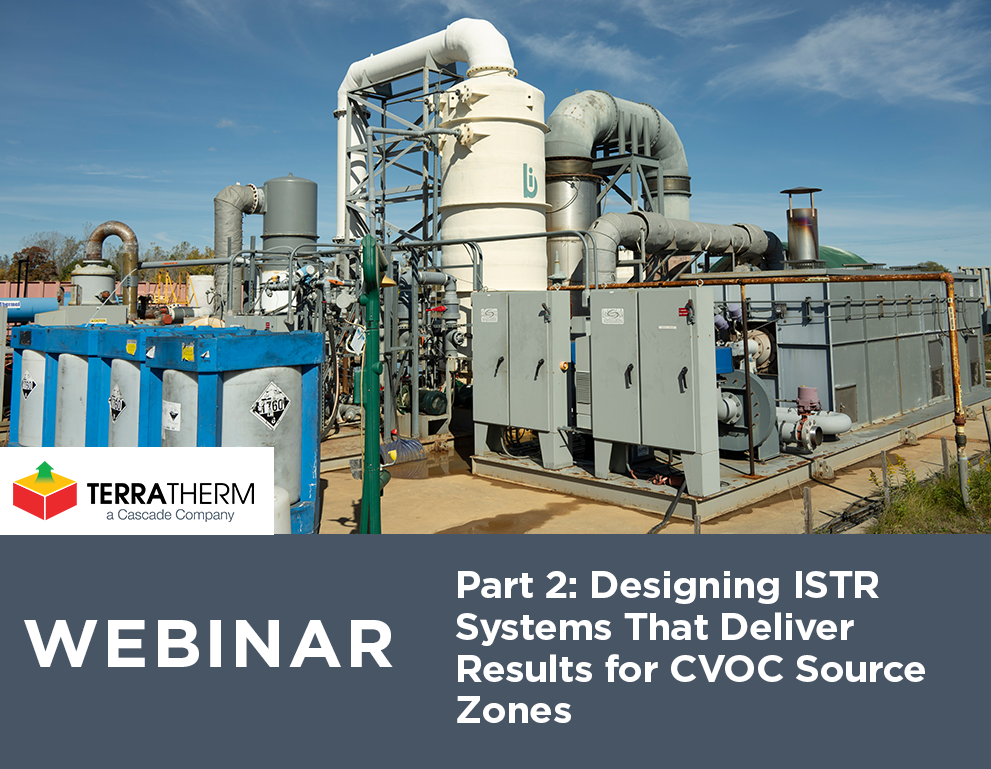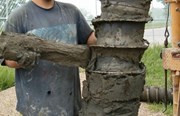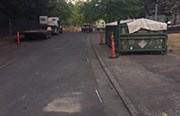3 Things to Ask Every Contractor Before Hiring Them for CPT
By: Dan Malloy & Casey MooreIt seems like hiring a contractor for cone penetration testing (CPT) work would be pretty straightforward, but it isn’t always as easy as it should be. Some contractors provide everything you need and more—which sounds great until you see the bill. Others have fewer methods available, and refusal may limit your ability to collect downhole data—you’ll want a contractor that can adapt to varied subsurface conditions with the right technology to ensure your job is completed.
Whether you need a CPT rig for collecting geotech data or for better advancement of high resolution site characterization (HRSC) tools, you should feel confident about the contractor you choose. In this blog post, we’ll share three questions to ask that will help you vet your options.
What kind of reporting do you offer?
When requesting proposals or bids, ask contractors to include a standard report or template. Every CPT contractor should be able to offer these, which allow you to review the data they provide on a typical project.
As you go through these reports, ask yourself if this is the data you need.
If it’s more than what you expected, is that extra data helpful and useful? Are you willing to pay for it, even if it goes beyond what you absolutely need? Or is it just too much?
If there’s less information than what you anticipated, is it enough? Even if there’s a lower price tag, if the data you receive won’t get you across the finish line, it’s not a good deal.
Ideally, you’ll find a contractor that hits the Goldilocks ideal and provides the right amount of data for your needs.
Can you provide sample reports from other projects?
It doesn’t matter how much data your CPT contractor provides if it is unclear or unreliable. By asking to see reports from other projects, you can evaluate how closely the contractor’s CPT report matched the boring report.
Slight variations can and do exist, and they’re not typically anything to be worried about. However, if you’re seeing larger discrepancies between the reports—such as one identifying clays in the subsurface where the other identifies gravel—it should give you pause, and you may want to consider going with a contractor whose reporting is more consistent with existing boring logs or data.
What is your next step if we experience refusal?
This question is most pertinent to consultants interested in HRSC data. Most contractors rely on direct push technology (DPT) to advance HRSC tools—and that is often sufficient. However, if you need data from a deeper depth or from a tricky lithology, it’s important for your contractor to share what their backup plan is if DPT can’t go any further.
Your contractors may respond that they have other, more powerful rigs they can bring in, such as sonic or CPT. These are useful responses (though if you already know the subsurface may be difficult, it can be more cost efficient to use a CPT rig from the very beginning so you don’t need to pay for multiple mobilizations).
However, if the contractor you’re considering doesn’t have another technology to offer in case of refusal, they may not be the best option for this particular project. If they’re unable to perform the HRSC work, you would have to hire a separate contractor with another rig—which can throw off both your budget and your project timeline.
Although there are many ways you can vet CPT contractors, hopefully these three questions give you a good start.
If you’d like to learn more about CPT, download our technology overview. And if you’re ready to begin evaluating contractors and getting bids, let us know by requesting a quote.
ABOUT THE AUTHORS
Dan Malloy
Project Manager, Aquifer Drilling & Testing, a Cascade Company
[email protected]
Dan Malloy is a Project Manager for Aquifer Drilling & Testing, a Cascade Company (ADT). He has been in the drilling industry for nine years, and now runs and manages a variety of drilling projects in the New York City metro area. One of Dan’s areas of specialization is CPT data processing and reporting.
Casey Moore
Project Manager
[email protected]
Casey Moore is a Project Manager and Technical Expert at Cascade Environmental. He’s been in the environmental services industry for 10 years, working in the field with multiple HRSC technologies and managing projects involving both drilling and characterization. Casey is well versed in best practices and applications for HRSC and data review.





